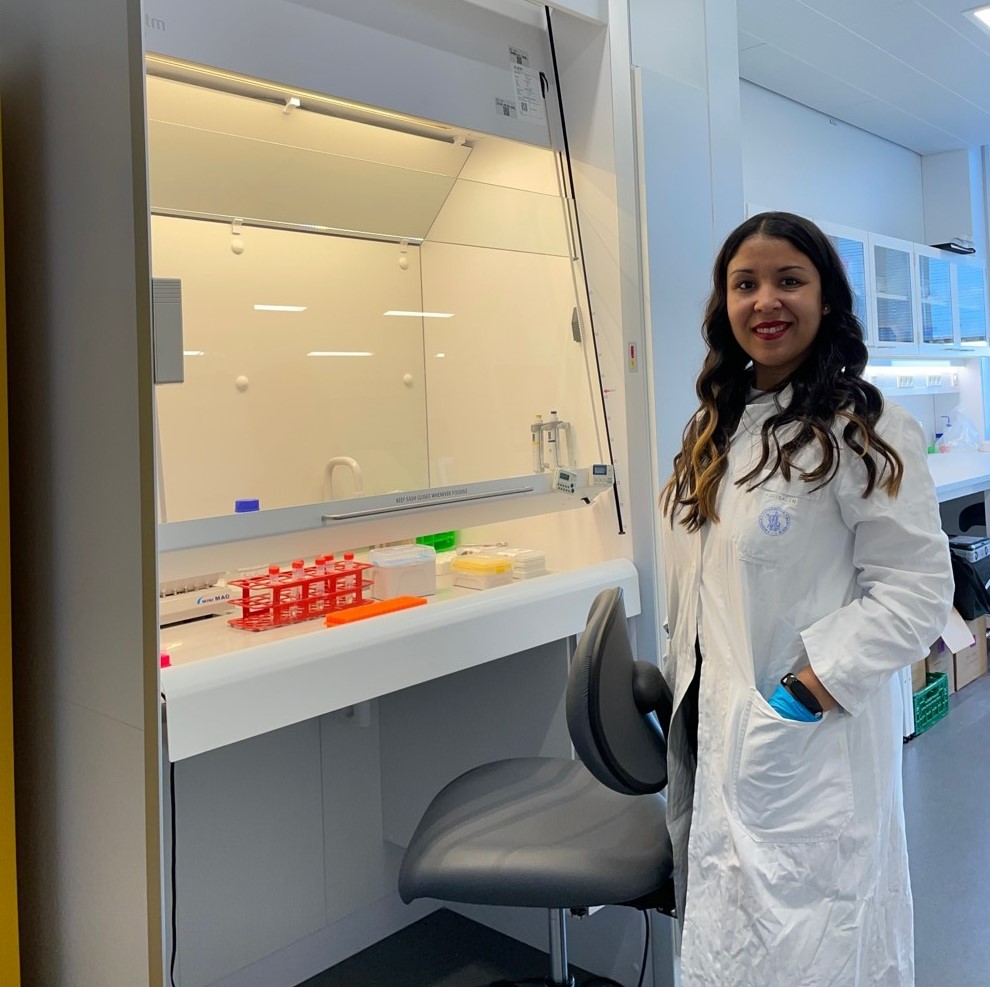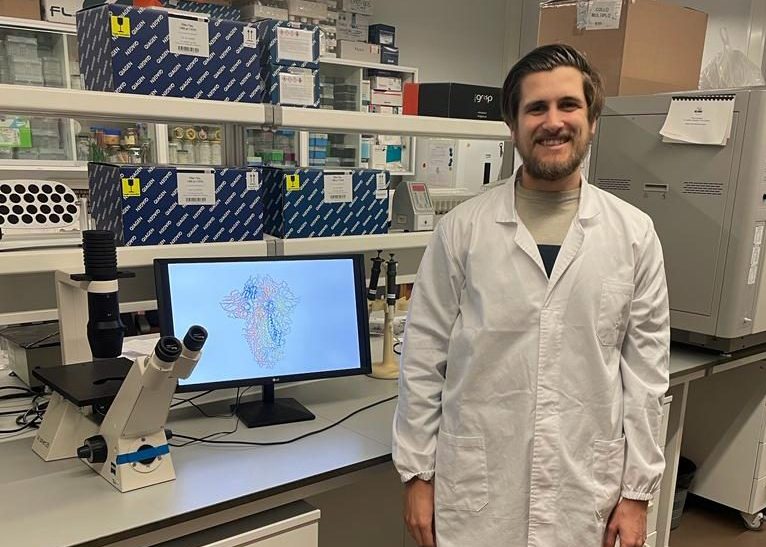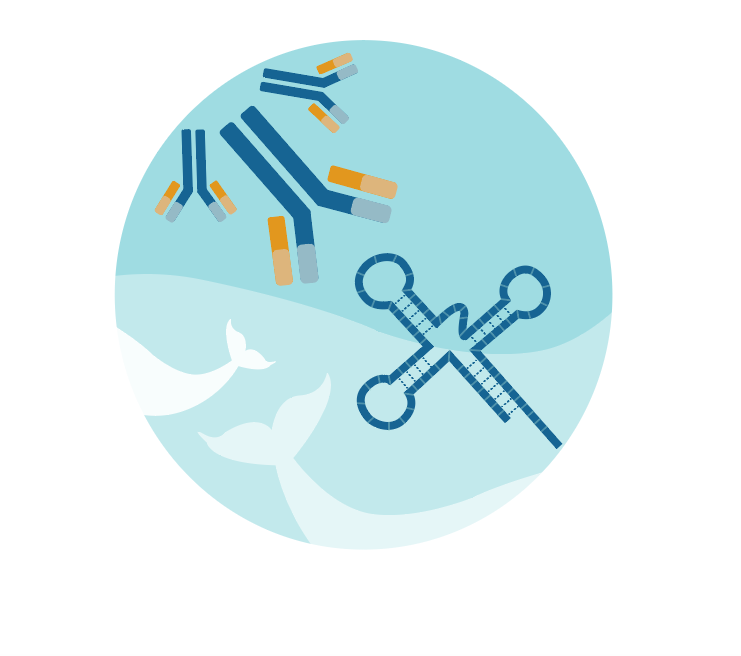If you want to study at ICBAS, keep reading! What does an international student need to consider before coming to Portugal to study at ICBAS? Who better to answer this question than an ICBAS student, with International Student Status. Read carefully, question by question so you can prepare for your arrival in advance. Let’s start planning your journey with no fears or worries!
Have you always planned/wanted to study in another country?
I think so. I have always been curious to discover/explore other places and other cultures. But it was during the pandemic that I made my decision, after attending an online congress and listening to several experts talk about the work they were developing at their European universities. I noticed they were one step ahead both technologically and scientifically and I thought: “I want to learn more about this and participate in these research projects”. So, the destination was set – Europe. Now it was time to choose a country and university.
How did you decide that ICBAS was the right school for you?
I started looking at possible destinations, not only thinking about my areas of interest, but also other aspects such as cost of living and safety. Before traveling, I had to make sure that I could cover all the expenses, including accommodation, food, transport and the cost of tuition fees. Another fundamental aspect that I considered was the language. I wanted to study in a language that was similar to mine so that I could learn more quickly. That’s how I discovered Portugal!
I chose the University of Porto, the most sought after in the country and one of the most highly rated in global university rankings. ICBAS caught my attention, for its transdisciplinary approach, its institutional links with renowned research centers and universities. I was also impressed by its vibrant academic community and cultural program and its exceptional location – in the heart of the city.
You’ve chosen ICBAS. What next?
When I became aware of what I wanted to do, I looked at the ICBAS website to find out what I needed to do first. I started working on my CV, reviewing it and improving it, because I knew I could be asked for it during the application process. But I also started thinking about my personal statement (covering letter), where I would describe my academic and professional career so far , and where I would outline my interests, hopes and future projects, and where I would express my reasons for choosing ICBAS.
What was the most difficult aspect of the process before you arrived in Portugal?
Without a doubt, it was getting the visa. The entire procedure is complex and time-consuming, so it is essential to plan your trip abroad well in advance – I would say at least half a year before, and contact your embassy to find out what steps to take. Gathering the necessary documents and authenticating is also a complex process. I ended up opting for the Hague Apostille. The ICBAS academic office (pregraduacao@icbas.up.pt) also helped me a great deal, by giving me guidance and information about the various stages and prerequisites, etc. However, bear in mind you might be asked to take further academic exams once you arrive in Portugal. Don’t forget to check beforehand. One piece of advice I wish I had been given is to read, as early as possible, the University of Porto policy for International Student Status. I know it’s boring, and sometimes it’s difficult to understand, but having a general idea is helpful.
How did you deal with difficulties such as homesickness?
It wasn’t easy, but I quickly realized that ICBAS had a support network that was essential in helping me to adapt. In fact, if I were to do it again, I would do everything exactly the same way, because the sacrifice was worth it. Studying and living abroad is the best way to grow as a person and to expand your horizons.
What advice would you give to someone who wants to come and study at ICBAS?
Don’t be afraid! Porto is an amazing city; the school environment is excellent and the quality of teaching is of the highest in Portugal. Do your research carefully before you come: check you have the necessary documentation, make contacts, and finally, ensure you have the necessary finances so you don’t get any nasty surprises. Above all, don’t let yourself get discouraged during the process: it’s long, it’s hard, but you’ll be rewarded once you get here!
This text was written by Bárbara Silva, Communication Manager | Internationalization Working Group
And Sara Pereira | Incoming Mobility


